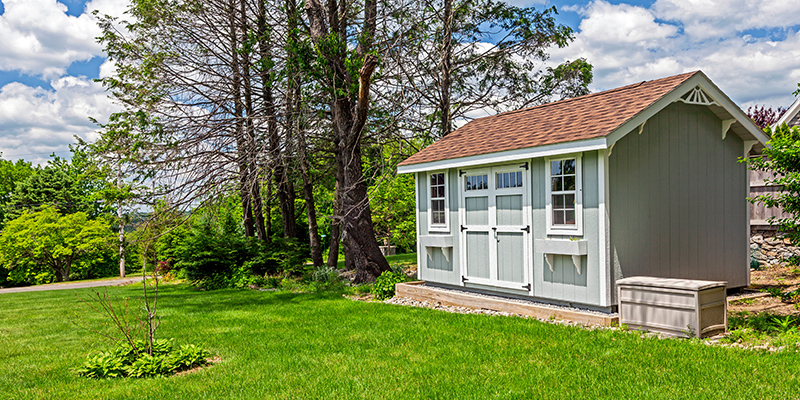Legal Battle Brewing In North Carolina Over Short-Term Rentals Ban

Homeowners and their community associations are taking a legal dispute to court over the state's ban on short-term rentals.
Browse By Category
Sign up for Our Newsletter
Homeowners and their community associations are taking a legal dispute to court over the state’s ban on short-term rentals.
What Started It All
The McDougalds and Lavignes, two homeowners and members of the White Oak Plantation Homeowners Association, filed a lawsuit in 2020 challenging the HOA’s ban on short-term rentals. In 2018, the McDougalds earned $14,000 weekly after renting out their home. This resulted in a rise in litter, a traffic surge, and increased street parking.
The HOA responded to these changes by passing an amendment banning short-term rentals in 2019. White Oak is not completely against short-term rentals. They allow it as long as the minimum stay is 90 days. Moreover, the renters need to respect the community’s essence.
Unexpectedly, the trial court took the side of the homeowners in 2022 and regarded the ban as “unreasonable.” White Oak appealed to the court and has been awaiting the verdict. Meanwhile, the homeowners who challenged the HOA are unyielding and asset that the restriction on short-term rentals is unreasonable.
The HOA’s Appeal Regarding the Short-Term Rentals Ban
In their appeal to the court, the White Oak Plantation HOA drew parallels to current neighborhood codes. They stated that short-term rentals like those of Airbnb and Vrbo disrupted the tranquility of their community. They noted that the provisions intended residences to be used as stable, long-term homes. The HOA also reminded the court that the agreements within the community must be based on reason.
In addition, the appeal included a citation from the 2006 Armstrong v. Ledges Homeowners Association decision. The Supreme Court’s ruling asserted that it is within reason to cap rental frequencies. White Oak also evoked the judgment made in McElveen-Hunter v. Fountain Manor Association in 1986 as it upheld an HOA’s ability to control short-term rentals.
Furthermore, the HOA presented a compromise where, if the ban on current property owners was deemed unreasonable, they sought to be able to impose limitations on short-term rentals for future residents. This would protect the community from the chaos that comes from short-term renters.
The state of North Carolina, its residents, and the parties involved await the court’s ruling. It could set a precedent and shape the future of short-term rental restrictions across the state.
Trending Now
Related Article
Sign up for Our Monthly Newsletter
Sign up below for monthly updates on all HOA Resource
















